Iran's Presidential Election: Run-Off Between Pezeshkian and Jalili
In Tehran, Iran, the recent snap presidential election is now set for a run-off next week as neither reformist-backed Masoud Pezeshkian nor hardliner Saeed Jalili secured a majority in the initial vote, which saw a record low turnout.
According to the Ministry of Interior, only 40 percent of the over 61 million eligible Iranian voters participated, marking the lowest turnout since the 1979 revolution. Pezeshkian garnered over 10.4 million votes out of more than 24.5 million ballots counted, narrowly leading former nuclear negotiator Saeed Jalili, who received 9.4 million votes.
Out of contention are conservative parliament speaker Mohammad Bagher Ghalibaf, who secured 3.3 million votes, and Islamic leader Mostafa Pourmohammadi, with 206,397 votes. Tehran Mayor Alireza Zakani and government official Amir-Hossein Ghazizadeh Hashemi withdrew from the race.
The snap election, mandated within 50 days following the tragic helicopter crash that claimed the lives of Ebrahim Raisi and seven others on May 19, saw significantly lower voter turnout than recent elections, falling well below earlier expectations of 45 to 53 percent.
This apathy among voters reflects widespread disillusionment following nationwide protests in 2022 and 2023, compounded by economic challenges, including inflation exceeding 40 percent due to mismanagement and US sanctions.
The upcoming July 5 run-off promises a clearer choice between Pezeshkian and Jalili, potentially driving higher turnout. Pezeshkian, backed by former centrist and reformist leaders, pledges to revive the 2015 nuclear deal to lift sanctions and address public discontent. In contrast, Jalili vows to curb inflation, achieve 8 percent economic growth, and combat corruption.
Pezeshkian, the sole moderate candidate approved by the Guardian Council, is positioned as a pragmatic leader seeking incremental improvements. His supporters caution that a Jalili victory could signal regression, citing concerns over Iran's past isolation and economic challenges.
Jalili, known for his role in previous nuclear negotiations and critical stance against compromises under the 2015 accord, portrays Pezeshkian as a symbol of ineffectiveness, warning against a return to policies resembling former President Hassan Rouhani's administration.
As Iran prepares for the decisive run-off, the outcome will likely shape the country's trajectory amidst domestic unrest and international pressures.
(Source: Al Jazeera)
Disclaimer
The views expressed in this article are the author’s own and do not necessarily mirror Islamonweb’s editorial stance.

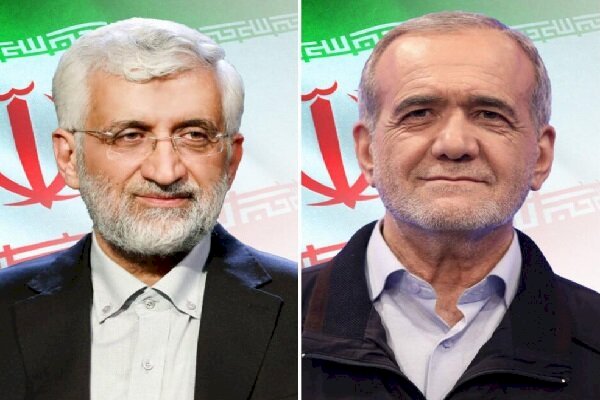



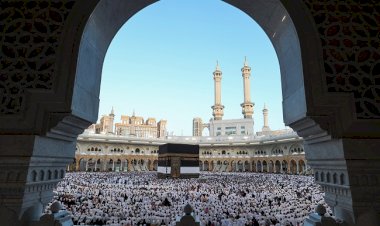
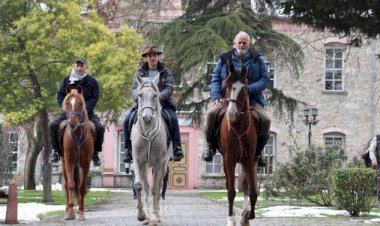
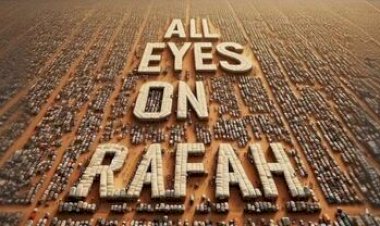
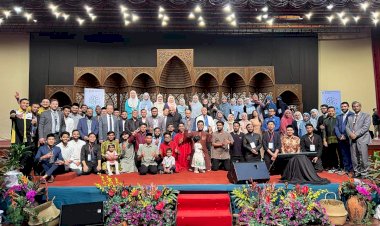















Leave A Comment